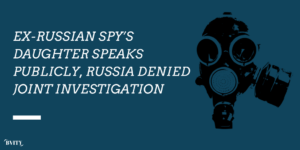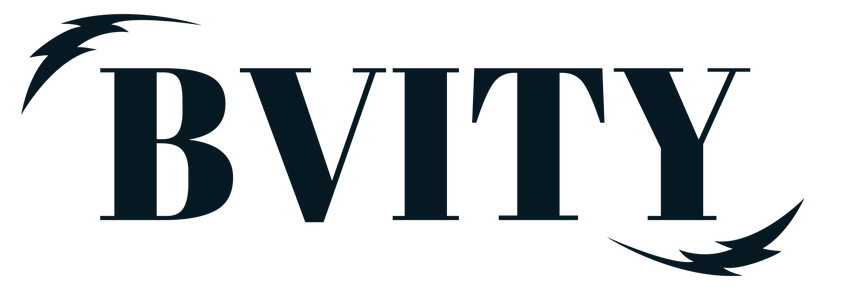
It’s been a month since an ex-Russian spy and his daughter were poisoned in Salisbury, England, but not so long for the incidents that ensued thereafter.
The daughter, Yulia Skripal, who regained consciousness over a week ago has spoken publicly for the first time since the poisoning. She said she was “grateful” for “the many messages of goodwill” she received, thanked the “people of Salisbury” who came to her and her father’s aid and “the staff at Salisbury District Hospital for their care and professionalism”. She then asked for privacy for her and her family as she recuperates. And has also denied, so far, the consular assistance extended by the Russian Embassy.
So also has the Embassy said it was “denied” consular access to the Skripals at the hospital.
The nerve agent was said to be identified as Russian-made Novichok by experts from the Porton Down laboratory in Britain, although the tweet that said so has been taken down, and a large deposit of it was found at Mr. Skripal’s front door. Its precise source is yet to be located.
Russia still denies any involvement in the attack and its request for a joint investigation with Britain into the poisoning was denied by the international chemical weapons watchdog on Wednesday. It received only six votes out of 41 with an abstention of 17 at a special session of the executive council of the Organization for the Prohibition of Chemical Weapons. Now, Russia’s OPCW envoy Alexander Shulgin is of the view that “more than half of the members of the executive council refused to support the U.S. and U.K. position” because of the 17 abstentions.
Ambassador Vassily Nebenzia requested for an open meeting, at the end of his speech Wednesday, of the UN Security Council for Thursday concerning the case.
